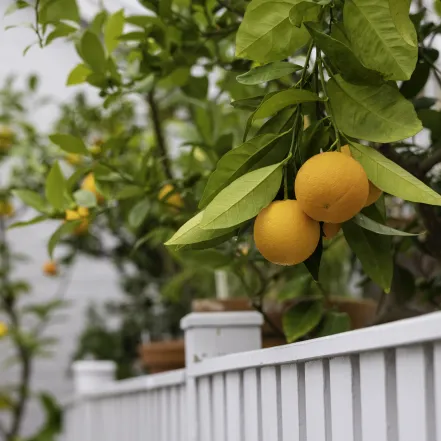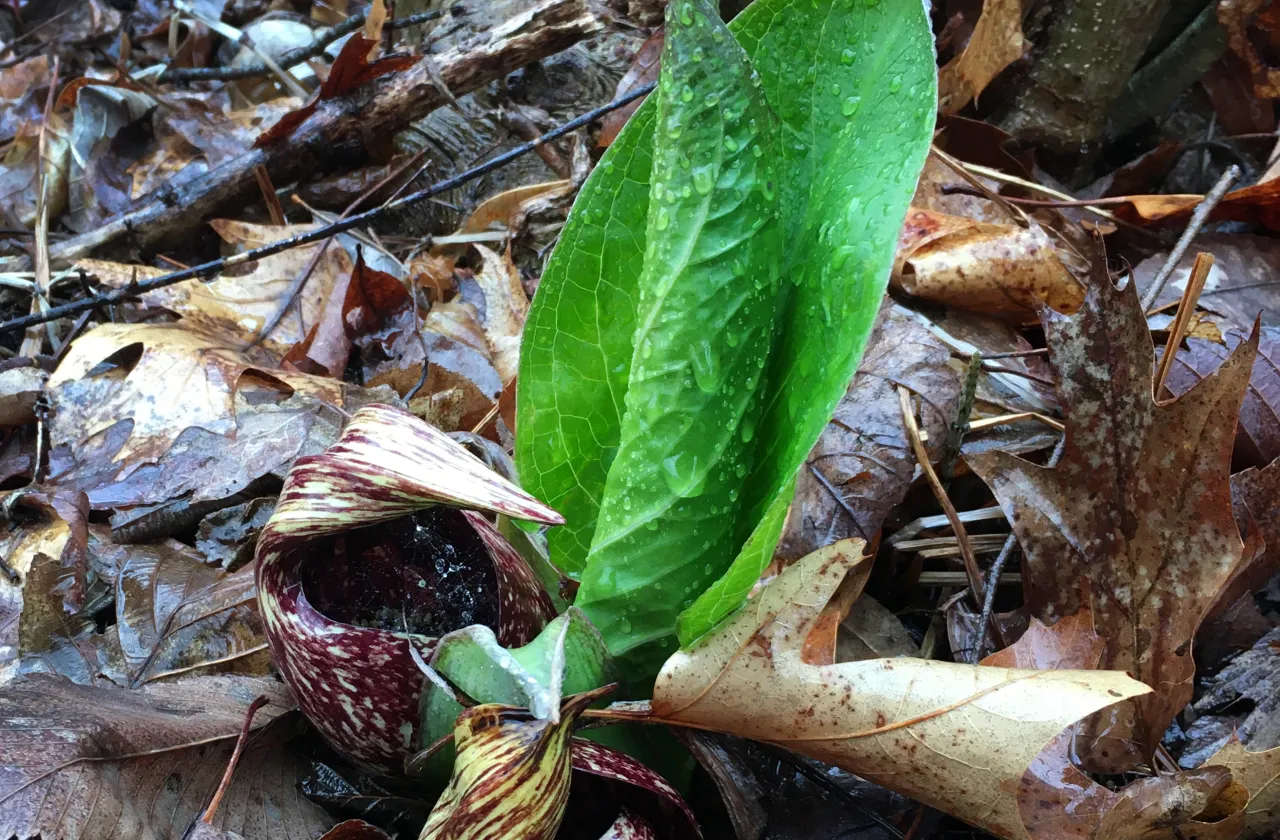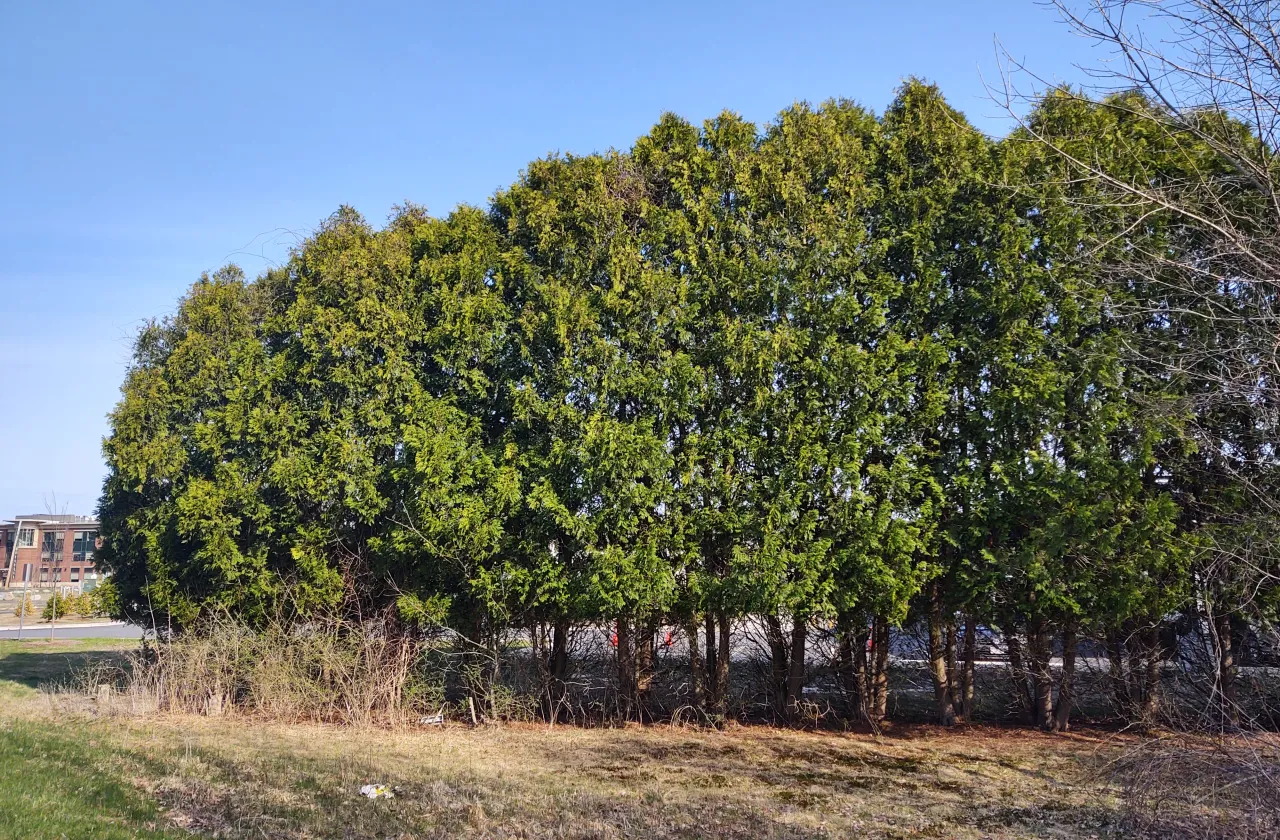Plant Collections
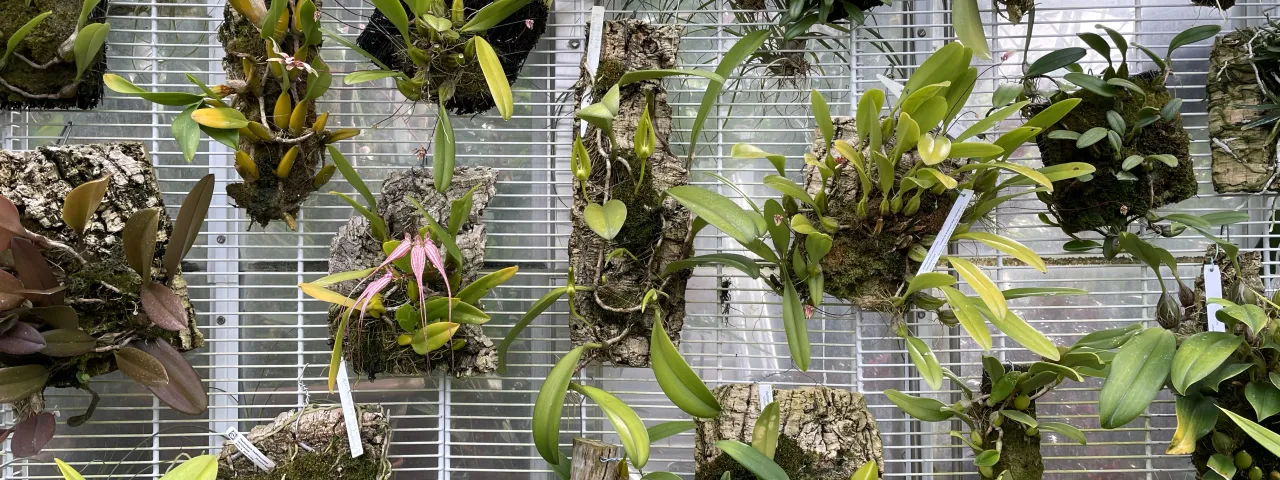
Our living plant collection includes about 3,000 tender plants in Lyman Plant House and roughly 5,100 trees, shrubs and herbaceous perennials in our outdoor gardens and arboretum. To better inform our collections philosophy, we've crafted a Collections Policy that outlines priorities to guide decisions about acquiring, managing, and deaccessioning plant materials and a Collections Management Plan explains our active and holistic approach to curating and managing landscape plants. (Both documents are available upon request.)
Types of Collections
Index Seminum
The botanic garden participates in a seed exchange between botanical institutions around the globe. For more than a century this program has enabled gardens to expand their collections, encourage genetic diversity in their collections, and make their collections more useful for research, education and conservation.
We acquire seeds from our own collections and from native populations in the wild. These wild-collected seeds have full collection data, making them extremely useful to botanical researchers worldwide. Botanic gardens order these seeds from our Index Seminum (Latin for “seed list”), which is published annually and distributed to over 300 institutions globally. In the past we’ve received seed orders from over 100 gardens, sending out more than 1,000 individual seed packets. We also order seeds from other gardens, from ranging climates and from all over the world. In this way we expand the genetic diversity of our collections in Lyman Plant House and in the outdoor gardens, providing broader research for students and staff.
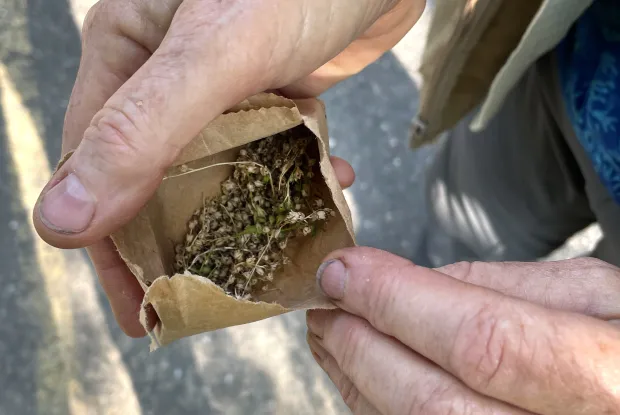
Plant Pick
Learn more about interesting species from our Manager of Living Collection's column in Leaflet, "Plant Pick."
